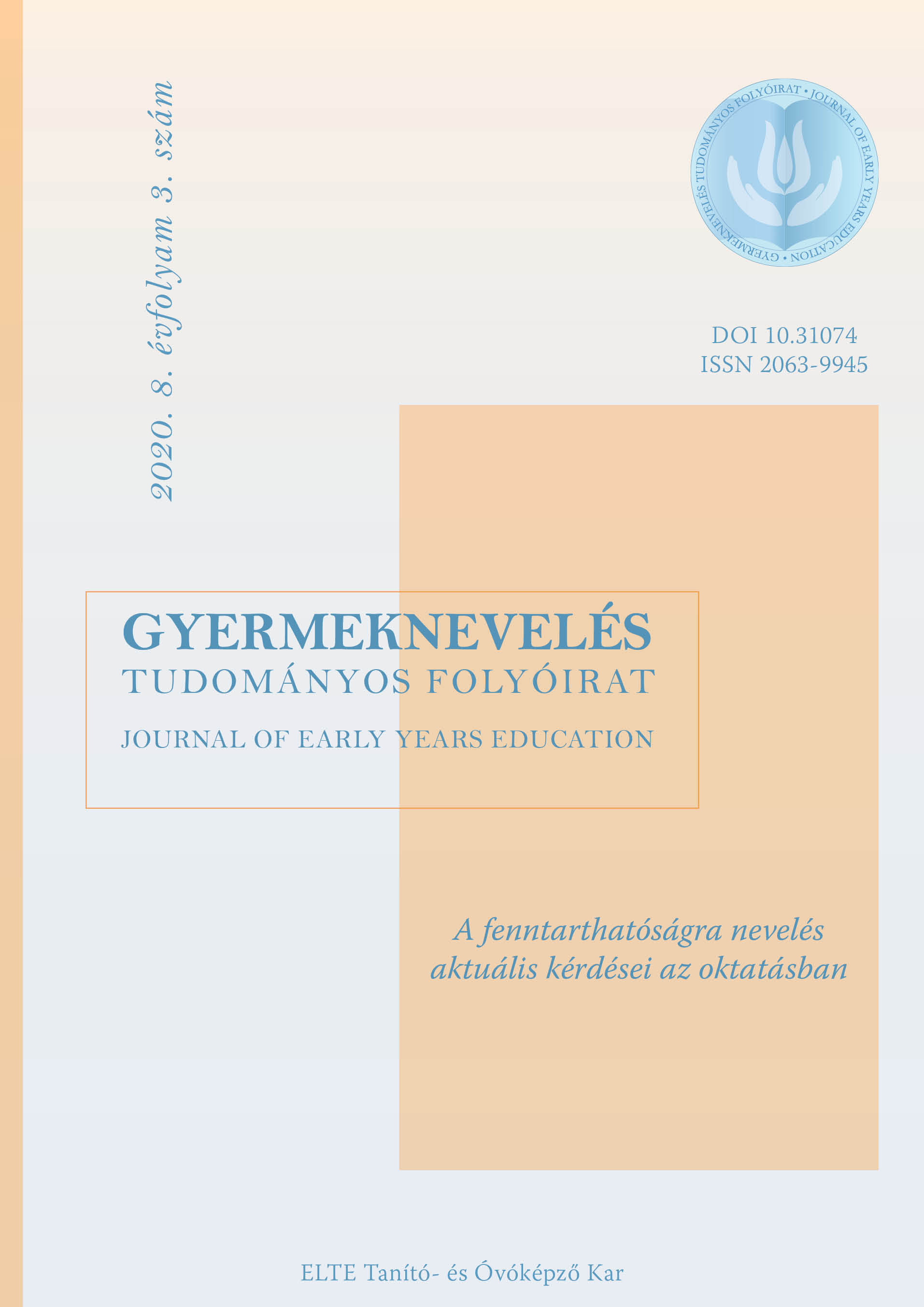The possibilities of science education in professional circles
DOI:
https://doi.org/10.31074/gyntf.2020.3.217.229Keywords:
science education, scientific thinking, experiment, profession, attitudeAbstract
Experimental techniques are of paramount importance in the experiential teaching and learning of natural sciences. In addition to developing cognitive skills, they inspire or increase students’ interest in nature and science, motivate learning, promote the development of scientific and problem-solving thinking, help form their work habits, and contribute to the strengthening of their social competencies. In addition to getting to know the environment, the activities help to develop an ecological and systems approach, as well as positive attitudes towards the environment, which are important foundations for the implementation of the pedagogical content of sustainability. Extracurricular activities, including professional groups, can be important tools to help achieve these goals. In our study, we present the contents and results of a professional group implemented with third and fourth grade children. We propose the topics of the sessions the simple but spectacular activities carried out – to the prospective teachers engaged in age-appropriate activities likely to arouse the children’s interest. It is our aim in this article to help not only those planning a professional session, as these experiments can be well integrated into the system of activities carried out during the lessons.
Downloads
Downloads
Published
How to Cite
Issue
Section
License
Copyright (c) 2020 Author

This work is licensed under a Creative Commons Attribution-NonCommercial-ShareAlike 4.0 International License.

